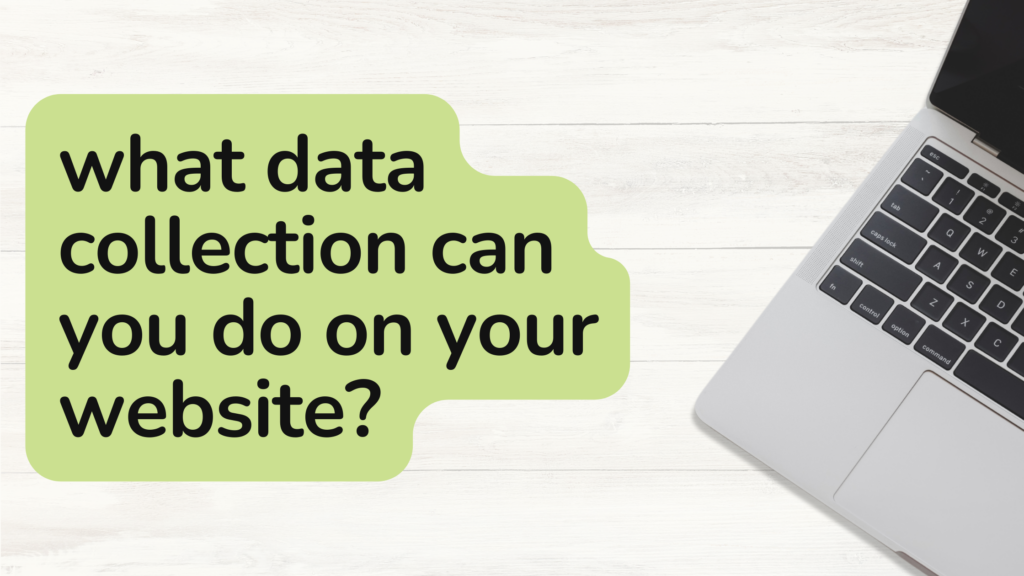So you’ve just launched your website and have your first blog post prepared and ready to go! But, then you realize that you have no idea how to even add a post to your site. Actually, you can’t even figure out how to access the back-end of your website. You call up the web developer in a panic. Either they end up being dismissive, argumentative, or just ignore your call. Was this something that you could have seen coming? How did you not notice the red flags? What could you have possibly done differently?
This is a situation our team here at Innov8 Place has gotten all too familiar with. As industry professionals, we know the warning signs. So, keep your eyes peeled for some of this behavior from the development team to avoid having your website being held hostage.
How to spot a hostage website situation
A website could be consider held hostage if the developer has heightened control of it after the launch. And only making it accessible until certain desires are met. Sometimes this can be framed as some sort of fee that needs to be paid. Or they might refuse to give any authoritative rights despite you being the owner.
What should you look out for?
The biggest and earliest sign that could land you in a hostage website situation is the feeling that the web developer is keeping information from you. This can happen through the building process and after launch. If you feel as if any information is being kept from you, voice those concerns.
Before you begun to build make sure that you know a couple of things:
- Who owns the domain
- Who owns the website
- Where the website is hosted
These three things are very basic and should be something that is shared almost immediately before any sort of development should be made.
Pay Attention Before Launch
Once the website has been launched the developer should give you:
- A user name and password to access the back-end of your website
- FTP server name, address, username, and password. So you can access your website files.
- A list of any other software that was used in the creation of your website as well as any licenses and fees that are required. (Some plugins for WordPress, for example, are licensed and may require annual fees for updating – you should know this!)
- If a premade theme was used, make sure you are able to update the theme. This often means the purchase of the theme should be in your name so you are the license owner.
Now depending on if the developers are offering monthly maintenance, the license situation can vary. But without access to the first two, you will not be able to have any control over your website.
If any of this sounds familiar, we can help. We will be covering what can be done on your end to get out of your website is being held hostage in an upcoming blog. We want to remind you that, time is of the essence in many cases. Should you feel you need help now, we welcome you to reach out to us for a free consultation on the matter.




